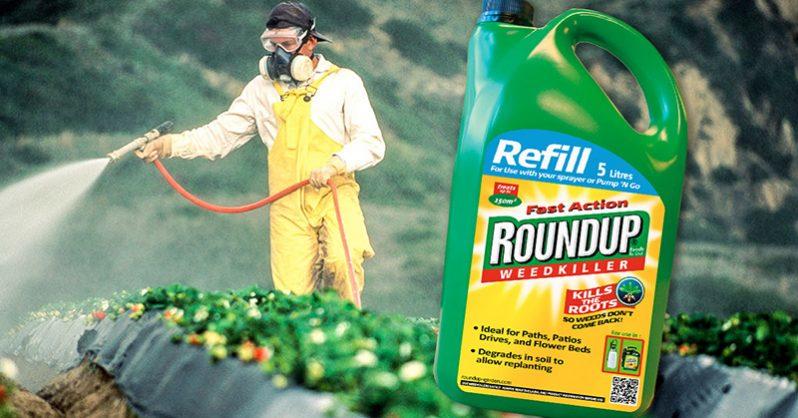Bayer's full statement on the jury's verdict today in California glyphosate multi-district litigation trial to be posted shortly. Link to follow.
"You can’t keep trying case after case after case and keep losing and say, ‘We’re not going to settle," said Thomas G. Rohback, a trial lawyer at Axinn in New York quoted by Bloomberg, who adds that if Bayer continues to lose at trial, it "has to put the possibility of a settlement of these cases into the mix."
Wednesday's case is considered a “bellwether” trial for hundreds of other plaintiffs in the US with similar claims, which means the verdict could affect future litigation and other cancer patients and families. Monsanto, now owned by the German pharmaceutical company Bayer, is facing more than 9,000 similar lawsuits across the US.
In September, 2017 the US Environmental Protection Agency (EPA) concluded that glyphosates were not likely carcinogenic to humans, based on a decades-long assessment. In 2015, the World Health Organization (WHO)'s cancer arm issued an opposite statement - warning that glyphosate was "probably carcinogenic to humans."
Others have suggested that Bayer's defense team simply sucks.
Bayer has yet to figure that It’s defense team sucks.
Roundup is safe.
But Bayer’s lawyers are dangerously incompetent.
As the New York Times noted in 2017, internal emails, among other things, reveal ethical objections from former employees to "ghost writing" research studies that were pawned off as 'independent' analyses.
The documents underscore the lengths to which the agrochemical company goes to protect its image. Documents show that Henry I. Miller, an academic and a vocal proponent of genetically modified crops, asked Monsanto to draft an article for him that largely mirrored one that appeared under his name on Forbes’s website in 2015. Mr. Miller could not be reached for comment.
A similar issue appeared in academic research. An academic involved in writing research funded by Monsanto, John Acquavella, a former Monsanto employee, appeared to express discomfort with the process, writing in a 2015 email to a Monsanto executive, “I can’t be part of deceptive authorship on a presentation or publication.” He also said of the way the company was trying to present the authorship: “We call that ghost writing and it is unethical.”
Unsurprisingly, Monsanto's lawyers argued in last year's trial that the comments above have simply been taken out of context...
Monsanto said it was outraged by the documents’ release by a law firm involved in the litigation.
“There is a standing confidentiality order that they violated,” said Scott Partridge, vice president of global strategy for Monsanto. He said that while “you can’t unring a bell,” Monsanto would seek penalties on the firm.
“What you’re seeing are some cherry-picked things that can be made to look bad,” Mr. Partridge said. “But the substance and the science are not affected by this.”
Glyphosate - Roundup's main ingredient, was first approved for use in weed killers in 1974, and has grown to become the world's most popular and widely used herbicide.
https://www.zerohedge.com/news/2019-03-27/bayer-ordered-pay-80-million-after-losing-second-roundup-glyphosate-trial



